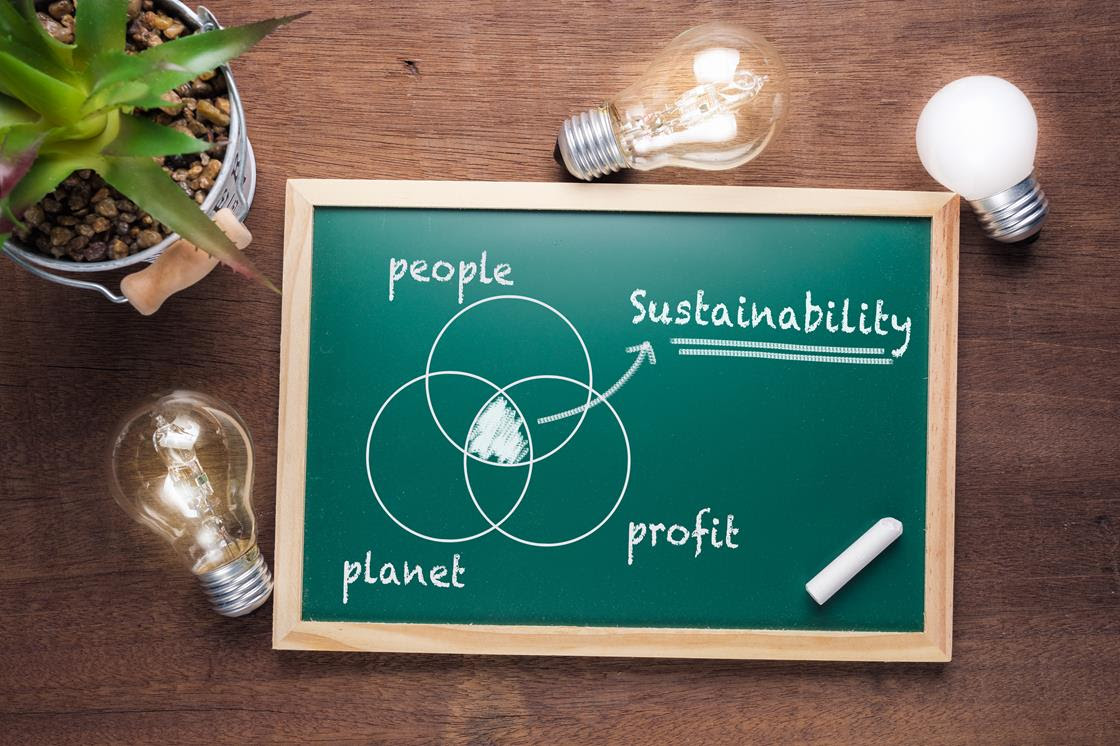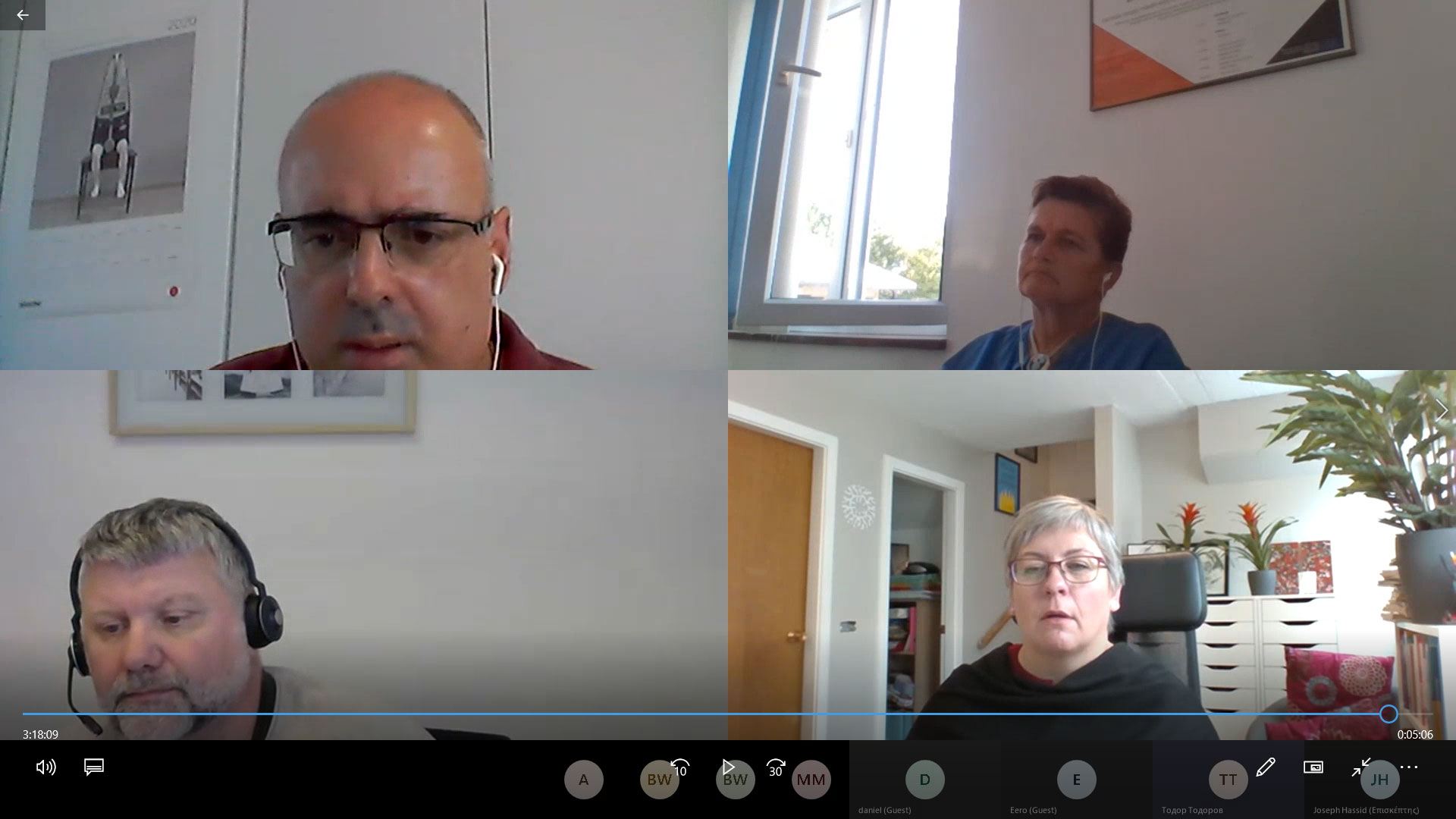
To View Our Newsletter click the link below:

To View Our Newsletter click the link below:

To View Our Newsletter click the link below:

To View Our Newsletter click the link below:

SINTRA – Achieving Sustainability through INTRApreneur-ship is a 24 months Erasmus+ project (KA2: Strategic Part-nerships for adult education) designed to provide an integrated support, tailored to the needs of organisations for the development of intrapreneurship-related skills, competences and attitudes among both employees and employers for improving the organisations’ sustainability.
The Project partners
Τhe project target groups are employers and employees from the Business, Civil and Gov-ernment sector who are interested to increase their organizations’ sus-tainability capacity through Intrapreneru-ship
Project objectives

SINTRA 1st transnational e-meeting
Due to COVID-19 restrictions, on 10 and 11 September 2020 the first transnational project e-meeting was successfully held on MS TEAMS.
During the 2-days meeting the partners’ representatives had the chance to discuss in details the pro-ject’s Intellectual Outputs development as well as several important aspects of Project technical and financial management.
The dissemination work package activities were also presented and discussed and several important decisions were made regarding the implementation of the project’s dissemination activities. Finally, the project’s quality assurance strategy and the project evaluation activities were also thoroughly presented by the Project Coordinator that set the basis for the project success.

The implementation of the “Sustainability through Intrapreneruship—National Studies and Good Practices Identification” in all project countries has initiated in October 2020. The initial stage of the SINTRA project implementation is about making an in-depth investigation of the national and sectoral settings for the development of environmental, social and economic sustainability, as well as the existing good practices in particular sectors with sustainability potential in the respective partner country, related to the positive effects that intrapreneurship can have on sustainability in one or more of its dimensions. This investigation, together with the gap analysis surveys and interviews, to be con-ducted as a next step within the framework of IO1 will serve the purpose of filling a gap in the system-atic mapping of sustainability-focused intrapreneurship-related training needs of employees and em-ployers in the partner countries.
The related national studies are expected to be concluded until mid November 2020 and will be upload-ed on the project’s website.

The implementation of the “Sustainability through Intrapreneurship—National Studies and Good Practices Identification” activity in all project countries has initiated in October 2020. The initial stage of the SINTRA project implementation is about making an in-depth investigation of the national and sectoral settings for the development of environmental, social and economic sustainability, as well as the existing good practices in particular sectors with sustainability potential in the respective partner country, related to the positive effects that intrapreneurship can have on sustainability in one or more of its dimensions. This investigation, together with the gap analysis surveys and interviews, to be conducted as a next step within the framework of IO1 will serve the purpose of filling a gap in the systematic mapping of sustainability-focused intrapreneurship-related training needs of employees and employers in the partner countries.
The related national studies are expected to be concluded until mid November 2020 and will be uploaded on the project’s website.

Due to COVID-19 restrictions, on 10 and 11 September 2020 the first transnational project e-meeting was successfully held on MS TEAMS.
During the 2-days meeting the partners’ representatives had the chance to discuss in details the project’s Intellectual Outputs development as well as several important aspects of Project technical and financial management.
The dissemination work package activities were also presented and discussed and several important decisions were made regarding the implementation of the project’s dissemination activities. Finally, the project’s quality assurance strategy and the project evaluation activities were also thoroughly presented by the Project Coordinator that set the basis for the project success.